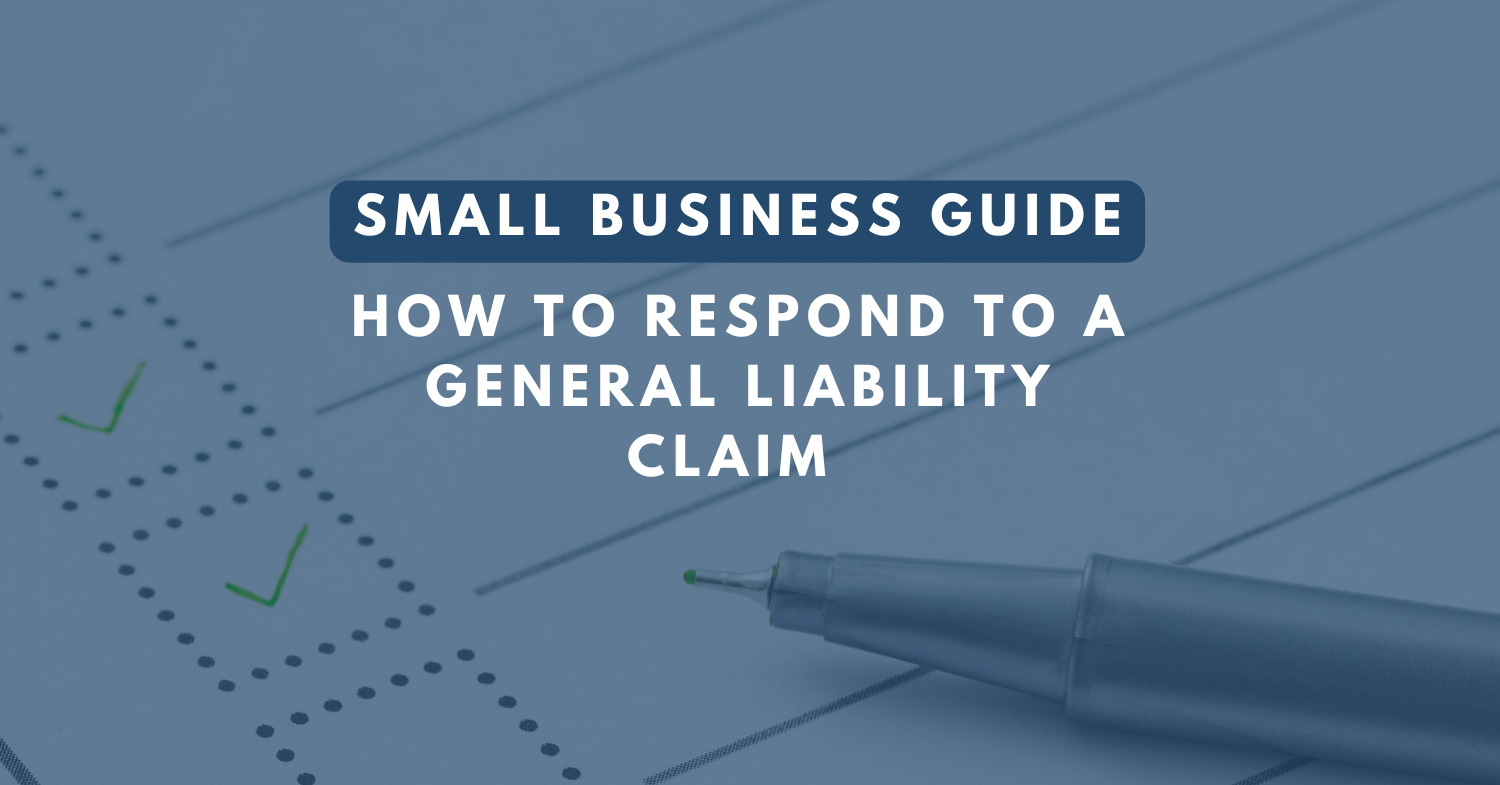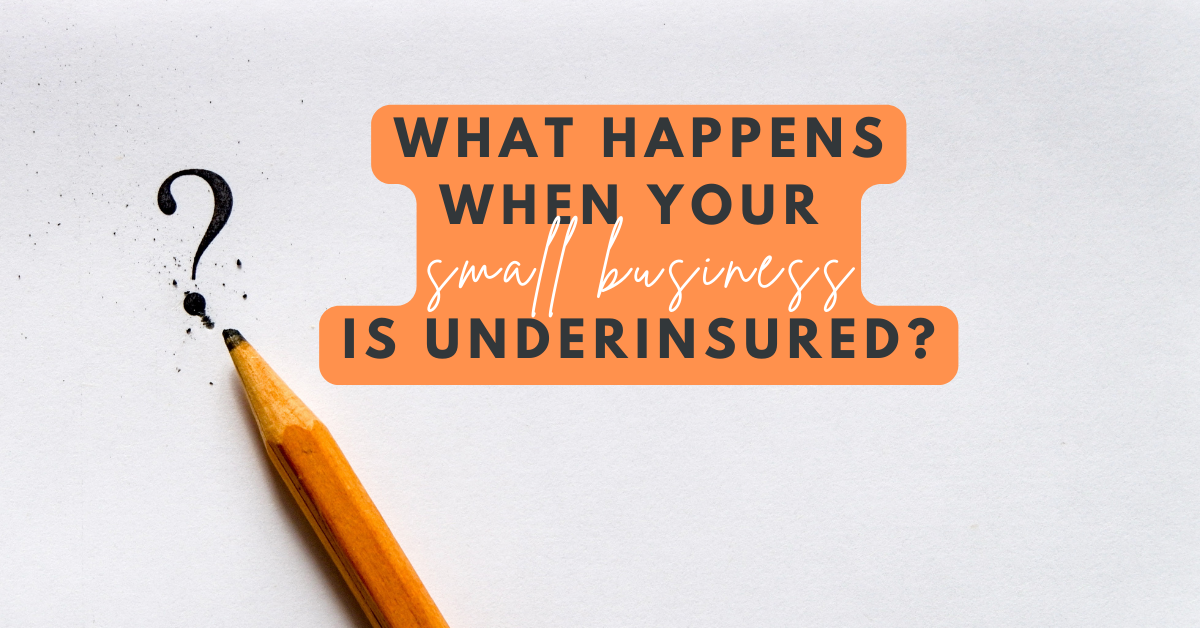How Your Credit Score Impacts Insurance Premiums (and How to Improve It)
See How We're Different
or call us: (858) 384‑1506
Your credit score is crucial in many financial aspects—from securing loans to determining interest rates. But did you know it can also affect your insurance premiums? Many insurance companies use credit-based insurance scores to assess risk and calculate policy rates. If you have a strong credit score, you could benefit from lower premiums, whereas a lower score may result in higher costs.
In this guide, we’ll break down how your credit rating influences insurance rates, why insurers consider it, and how you can take control of your credit to lower your premiums.
Why Do Insurance Companies Consider Credit Scores?
Insurance companies use a credit-based insurance score metric to help determine policyholders’ risk levels. Unlike a traditional credit score, which is used by lenders to assess loan repayment potential, an insurance score is specifically designed to predict the likelihood of an individual filing an insurance claim.
Key Factors in a Credit-Based Insurance Score
The following factors influence your insurance credit score:
- Payment History: Consistently making payments on time helps demonstrate financial responsibility.
- Debt Utilization: High credit card balances relative to your limits may negatively impact your score.
- Length of Credit History: A longer credit history is generally considered a sign of stability.
- Credit Mix: A healthy mix of credit types (e.g., credit cards, loans, mortgages) can be beneficial.
- New Credit Inquiries: Frequent applications for new credit can lower your score in the short term.
How Credit Scores Influence Insurance Rates
Studies show a correlation between lower credit scores and a higher likelihood of filing insurance claims. As a result, many insurers use credit-based insurance scores to adjust policy pricing.
How It Works:
- High Credit Scores (700+) generally lead to lower premiums, as insurers see you as a low-risk policyholder.
- Average Credit Score (600-699): This may result in moderate insurance rates, with some potential for higher premiums.
- Low Credit Score (Below 600): Likely to result in significantly higher insurance premiums due to perceived risk.
Some states, like California, Hawaii, and Massachusetts, restrict or prohibit using credit scores in insurance pricing. However, in most states, your credit rating can substantially impact your rates.
Ways to Improve Your Credit Score (and Lower Your Insurance Premiums)
If your credit score is less than ideal, improving it can lead to more affordable insurance rates. Here are key steps to boost your credit score:
1. Pay Bills on Time
Your payment history accounts for a significant portion of your credit score. Set up automatic payments or reminders to avoid late payments.
2. Reduce Credit Card Balances
Keeping your credit utilization ratio below 30% of your total credit limit can positively impact your score. Pay down balances and avoid maxing out credit cards.
3. Check Your Credit Report Regularly
Mistakes on your credit report can harm your score. Obtain a free copy of your credit report from AnnualCreditReport.com and dispute any errors.
4. Avoid Opening Too Many New Accounts
Each time you apply for new credit, a hard inquiry is added to your report, which can temporarily lower your score. Only apply for new credit when necessary.
5. Maintain Older Credit Accounts
The length of your credit history matters. Keep older accounts open to maintain a strong credit profile.
Can You Get Insurance Without a Credit Check?
Some insurers offer policies that don’t factor in credit scores. However, these policies may have higher premiums to offset the potential risk. Additionally, certain states have regulations preventing credit scores from being used in determining insurance rates.
If you’re concerned about how your credit affects your insurance, consider shopping for insurers that prioritize other factors, such as driving history, claims history, and coverage needs.
Final Thoughts: Take Control of Your Credit and Insurance Costs
Your credit score is more than just a number—it can impact your financial well-being, including your insurance costs. By improving your credit score, you can secure better insurance rates and enhance your overall financial health.
If you want to lower your premiums, start by reviewing your credit report, paying off debt, and making timely payments. These small changes can lead to significant savings in the long run.
Explore our latest
blog posts or
contact us today for more insights on personal finance and insurance.







